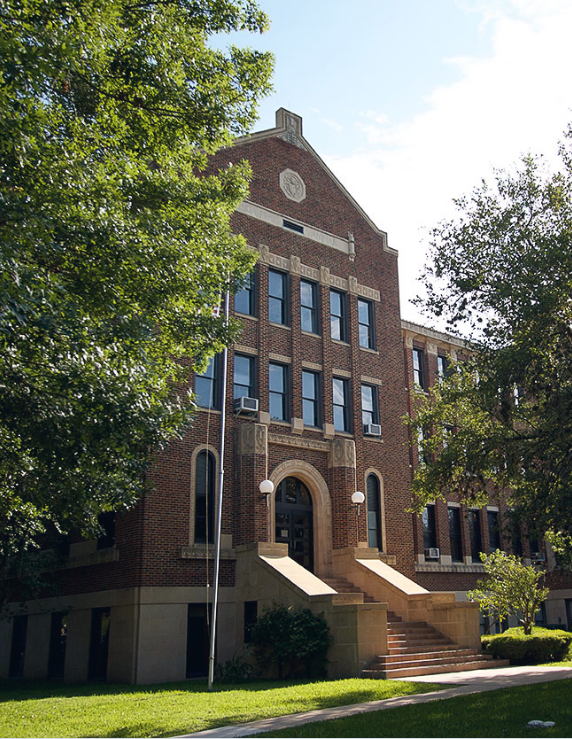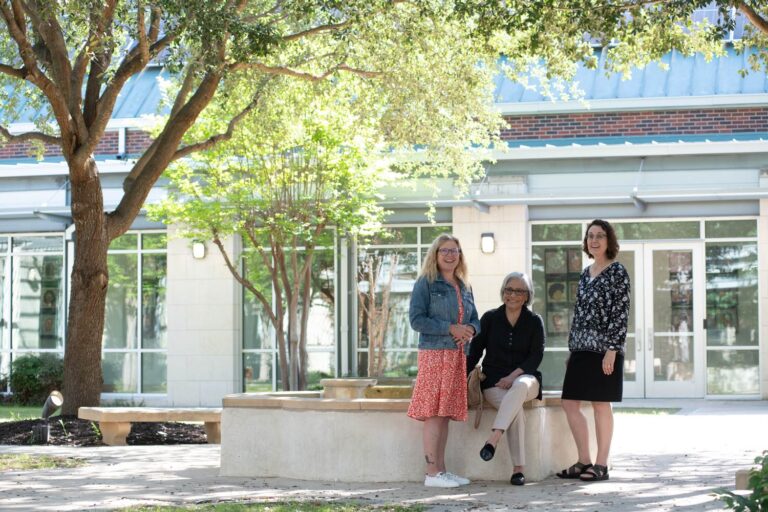Each evening when Mayor Nirenberg of San Antonio announces the Corona Virus cases for that day he also gives the number of people who passed away, describing age, sex and if there were underlying conditions that may have complicated their Covid 19 illness to cause their death. Then he asks all hearing him to remember these are people, not statistics. They are mothers, fathers, grandparents, children, relatives and friends loved by many. They were part of our community and now they are gone and we grieve, pray and keep them in memory. It is an important daily reminder that this virus is not just an inconvenience. It is life and death of human beings.
We need to remember people are suffering and there does not seem to be an end to it. We are so impatient with this virus. We want it to just finish, go away, stop inflicting itself on the world. We want to get back to our normal life that we enjoyed prior to the pandemic. Some of the impatience manifests in resistance to wearing masks or hosting parties without limits of attendees or social distance. This has deadly consequences as more are being infected and sadly more are passing away, including many younger people.
The impatience is showing itself even within the family we are living with now. We love them, but they are wearing on us. We find ourselves snapping at each other, arguing more, criticizing a lot. It is hard to have patience and wait a year for a vaccine before we can maybe get back to normal. Is patience possible under these circumstances?
All three parables in today’s gospel deal with patience. Jesus speaks of it as key to the reign of God. Jesus tells these stories as ways to understand the reign of God, not the Kingdom of God as the term is sometimes used. Reign might be the better word as it describes a way to live and not just a place to live. It is an ongoing reality. These three stories are similar in that each calls for patience, but a patience that is not static, rather active and ongoing. God will do what God wants in God’s time. We just need faith and patience.
Matthew’s 13th chapter has 7 parables. Last Sunday we heard the first about the sower and the seeds. Today there are three more and next Sunday the final three. People liked to hear stories in Jesus’ day. That was their social media platform. It was powerful because it came from the storyteller and then would be passed on by word of mouth mostly. Jesus was a master storyteller. Each story had something to hook you and make you think in new ways.
Matthew is speaking to a frustrated early Christian community. They are being persecuted without end and are suffering. At the same time they were enduring persecution they were being hard on each other. They had the tendency to try to expel those they felt were not perfect Christians. We also are frustrated right now and critical of family members who don’t do what we think should be done. We want them to be a certain way, our way. Jesus told the story in part due to his struggle with Pharisees who always judged others and were quick to condemn. They considered themselves the elite, better than others and opposed Jesus for reaching out to the lowly and the rejected. Also, in the parable, evil wins at first as the weeds are allowed to remain, just as evil seems to conquer Jesus when he dies, but that is not the end of the story. There is much more.
We often have a tendency to want to judge others right away, who is right or wrong, good or bad. However, we are not God. Jesus tells us the way God does it is to have patience, to actively wait. God loves us with all our imperfections, and can be patient with us and calls us to do better. Our temptation is to condemn, but our role is to reconcile. We are called to help transform the world, by transforming ourselves and in the process help transform those around us.
The first parable speaks of weeds and wheat growing together. We live in the midst of a Church and world that has both good and bad. We also have good and bad inside us. Even when we realize the bad within us, there is no need to judge ourselves so harshly. We have time to change. God invites us to that new life. We just need the will to do it.
The next two parables on the yeast and the mustard seed focus on small things that can make a big difference. Patience is also part of this. A small amount of yeast can transform the flour into bread with time. The story talks about three measures of flour, which is about 50 lbs. That can feed the entire village. Small acts, small things can make a big difference for the good. Every person helping in his or her own little way during these hard times of the virus and unemployment is making a difference. They are the yeast that little by little can feed a village.
A mustard bush was actually considered a weed. The story allows the bush to flourish and birds to come. Birds in this story are not the beautiful winged creatures we love. They are an enemy of crops, since they eat crops. The mustard seed is rejected since it is an invasive species no one wanted that gave shelter to birds that destroy crops. But in the story God wants what no one else wants. God wants the rejected. The otherwise unwelcome are made welcome, the misbegotten find a home. The stories help create an image of the Reign of God: we all live in solidarity. There is room for all.
Patience is tolerance and action. I need to learn to tolerate what I cannot change, especially differences in people, but I act to make things better when I can. A tiny bit can make a difference. Our role is to do the little things that make things better for all. The world is imperfect. I have to admit there is good and bad in me. God is a merciful judge helping us bring the good out. We must work little by little through our faults and failings to live the Reign of God.
The Reign of God is not some big show. It is small acts of love and kindness, tolerance and compassion that form a way of living by simple people who are filled with faith and come together to live the gospel and form community that makes a difference. God looks to the little things we do to change others and the world. One person, one kindness, one act of love at a time. That is how we live patience. And that is how we will make it through this pandemic.
Last Sunday as I had finished Mass for Mission Concepcion a parish member who had not been at the Mass came in very distraught. He told me his wife of 50 years had just died an hour before at their home. It was not COVID related as she had been sick for a year. He asked tearfully if I could go pray with him and the family over her body. I followed him to his modest home and we spent some moments in prayer and silence, amidst tears. I stayed just a few minutes, but he and the family were so grateful and more peaceful as I left. I was moved by their faith. God does much through our small efforts. I have learned that over and over.
Every time we hear or read the scripture we acknowledge our littleness before the God of patience and mercy. This virus seems to be raging out of control and it is trying our patience profoundly. However, in so many ways, little things can make a difference, little gestures, little actions. A little baby born in a little town called Bethlehem in a small insignificant country far from the seat of power, changes the world. Patience means we are called to grow maybe in little ways, even through a pandemic and all its restrictions. These little ways can make a difference, and we will better understand what it means to live in the Reign of God.
 Fr. David Garcia is a retired priest from the Archdiocese of San Antonio, Texas, where he served for 44 years. During that time, Fr. Garcia was instrumental in the effort to have the Old Spanish Missions recognized as a UNESCO World Heritage Site and also oversaw the multimillion-dollar restoration of San Fernando Cathedral. Fr. David served as pastor for several parishes in San Antonio, including the historic Mission Concepción. He also served as Senior Advisor for Clergy Outreach at Catholic Relief Services, the official international humanitarian and relief agency of the US Conference of Catholic Bishops.
Fr. David Garcia is a retired priest from the Archdiocese of San Antonio, Texas, where he served for 44 years. During that time, Fr. Garcia was instrumental in the effort to have the Old Spanish Missions recognized as a UNESCO World Heritage Site and also oversaw the multimillion-dollar restoration of San Fernando Cathedral. Fr. David served as pastor for several parishes in San Antonio, including the historic Mission Concepción. He also served as Senior Advisor for Clergy Outreach at Catholic Relief Services, the official international humanitarian and relief agency of the US Conference of Catholic Bishops.



